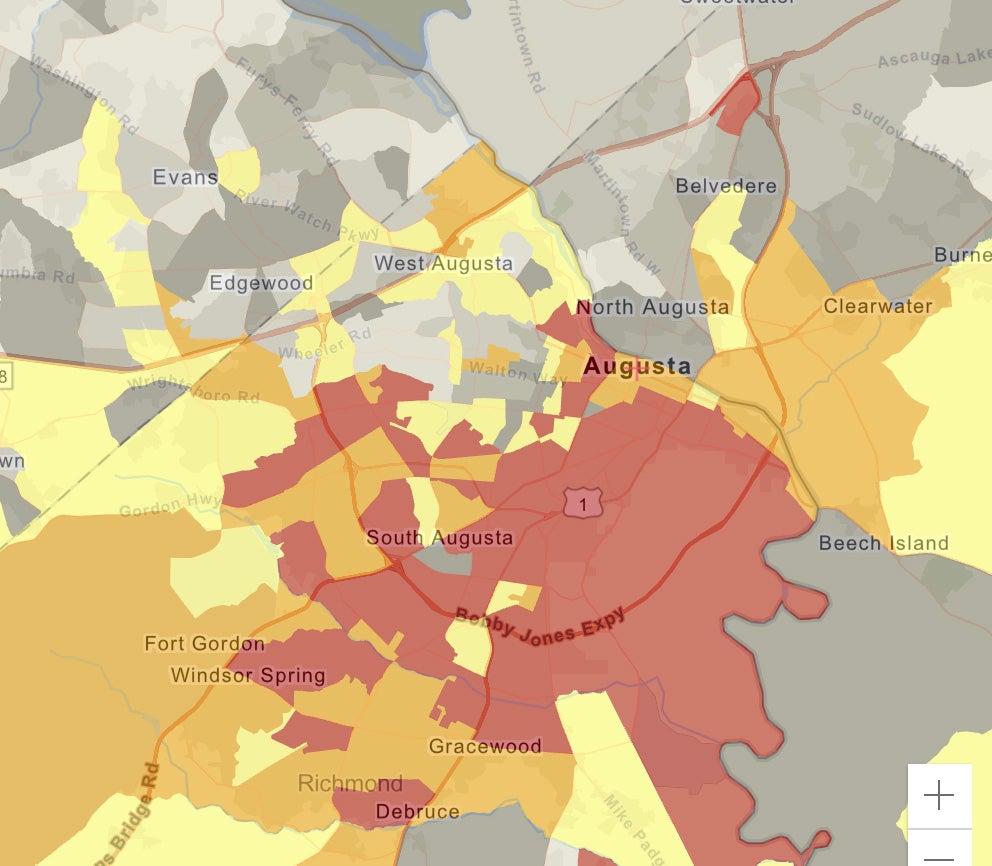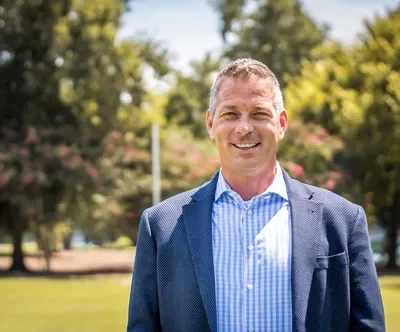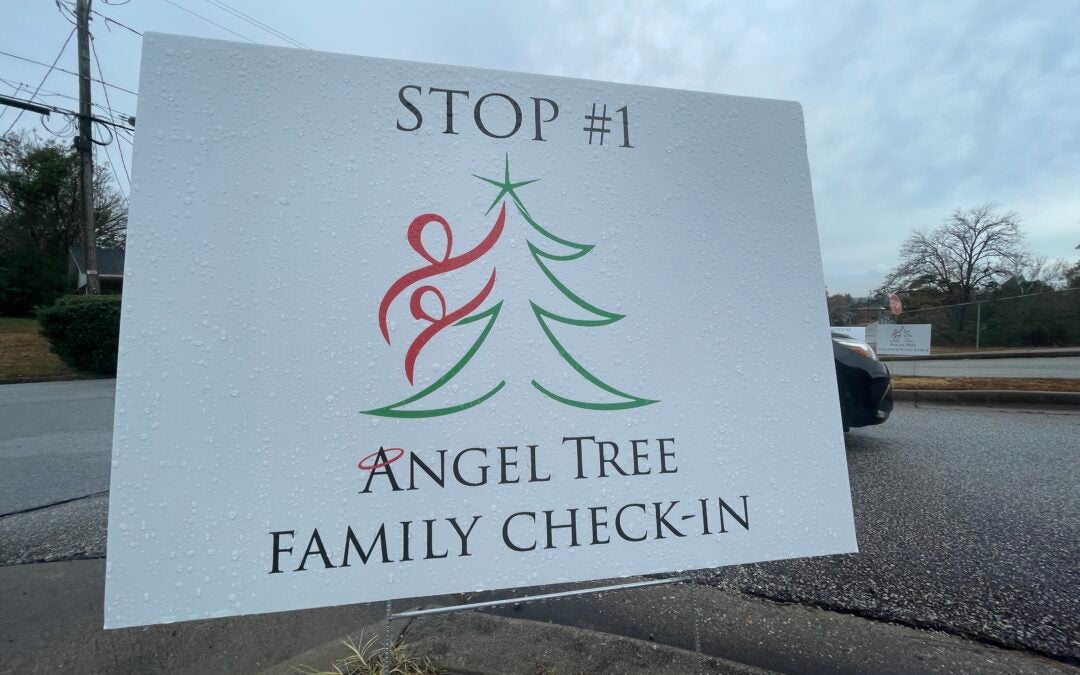Augusta departments and agencies have come out against the city adopting an environmental justice ordinance.
And the city will attempt to reduce panhandling by implementing a new campaign to “give change that counts.”
An environmental justice ordinance would have used science to ascertain the impact of industry on surrounding communities, such as pollution and the destruction of cultural artifacts.
It would require the public to be notified in advance of potentially harmful new developments.
In response, two Augusta departments – Planning and Development and Engineering and Environmental Services – as well as the Economic Development Authority and Metro Chamber of Commerce came out against the proposal.
According to an analysis by Deputy City Administrator Charles Jackson, the entities raised concerns that included a lack of need, the cost of compliance to developers, the lack of federal enforceability and likely legal challenges.
The Augusta Commission already has sufficient protections in place, the EDA said, while a lack of expertise among city departments would likely prevent the desired result, according to the chamber.
Oversight is already properly handled at the state level, the chamber said.
Tonya Bonitatibus, executive director of the Savannah Riverkeeper who proposed the ordinance was critical of the decision.
“I can imagine the chamber and EDA wouldn’t love the idea of an ordinance that gave a fair shot to the communities they work so diligently to move polluting industries into,” she said.
“Everyone in this city deserves representation, including the communities carrying the burden of their decisions.”
Alternative to giving to panhandlers presented
Also going before the city’s Administrative Services committee Tuesday is a public awareness campaign called “Give Change that Counts.”
The preponderance of panhandling in Augusta prompted the commission to consider drafting an ordinance against it, only to be told by a senior staff attorney last week the ordinance violated the constitution.
Based on a program in Savannah, the change campaign would establish and publicize alternatives for residents and visitors to giving money to panhandlers.
Savannah gives donors the option to choose among several day shelters where a needy person could go.
Partners in the Augusta program include law enforcement, the Metro Chamber, Black Chamber, Augusta Rescue Mission, Salvation Army Center of Hope and United Way of the CSRA.










